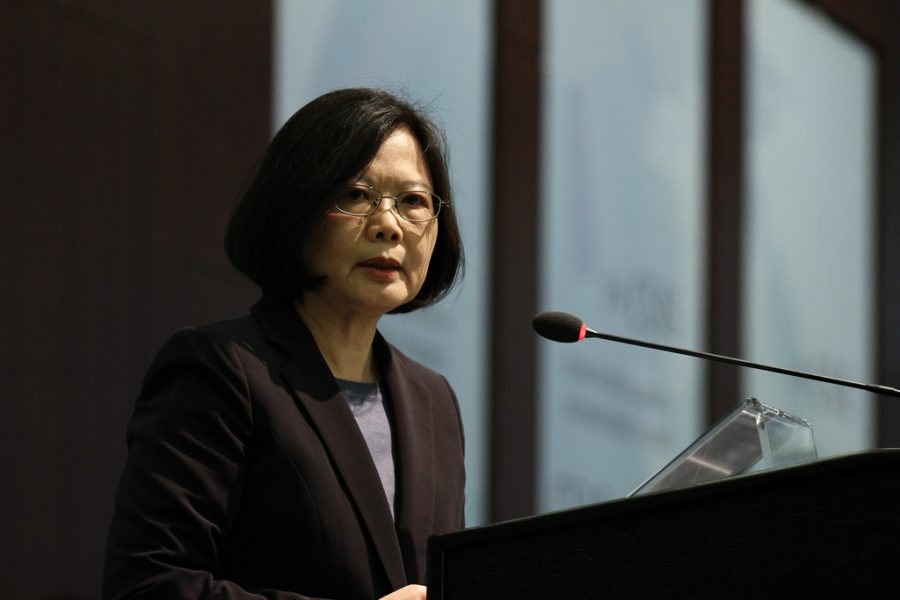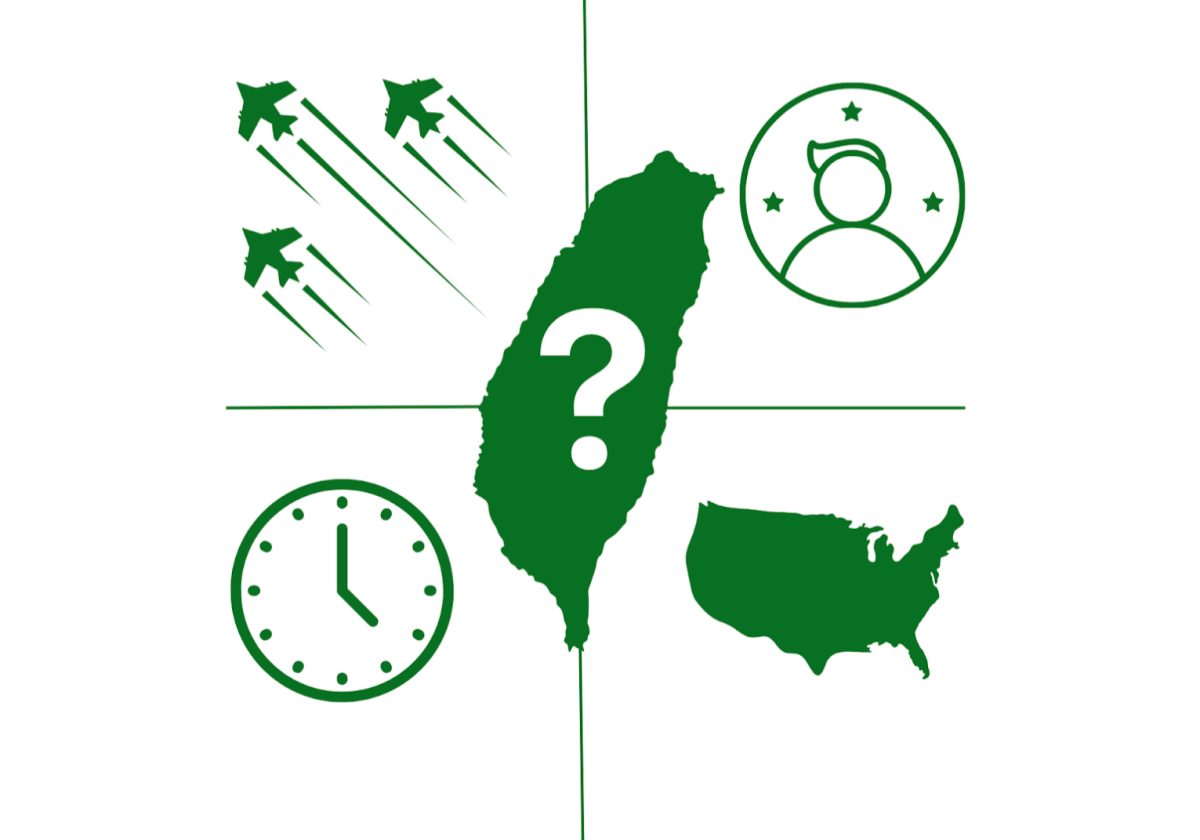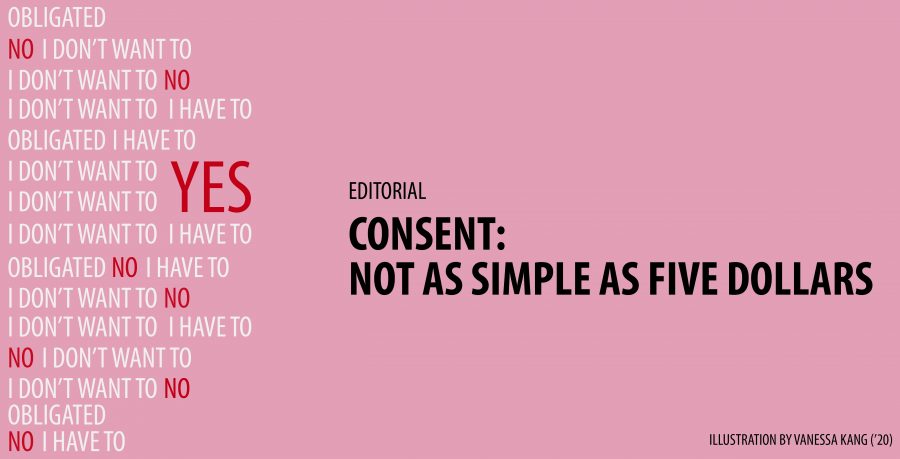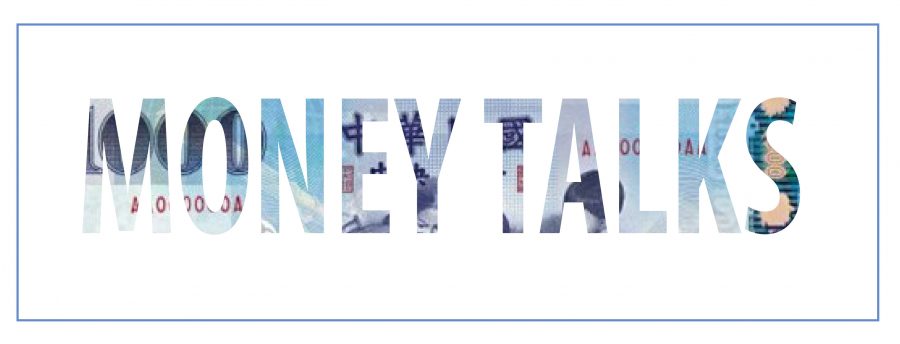Taiwanese president Tsai Ing-wen has many firsts attached to her name: first female president, first unmarried president, first president to have never held an elected executive post, and first president with an Aboriginal heritage. But she is not just shattering glass ceilings because of who she is; she is also creating firsts because of what she is doing.
Tsai says, “I was not considered a kid that would be successful in my career.” As the youngest daughter, she was expected to take care of her father. But from the time she was a university student, she “wanted to have a revolutionary life,” studying at American and British institutions to achieve her goal. Now that she can claim success in leading a life of trailblazing, and is poised to revolutionize the lives of other disadvantaged people.
In August, she became the first Taiwanese president to formally apologize to the island’s Aborigines. She recognized that colonists from the Dutch to the Chinese and Japanese marginalized and exploited indigenous people and expressed the need to write history from the perspective of the dominated. She has also promised to create an Aboriginal historical justice and transitional justice committee, to establish an Aboriginal legal services center, and to expand self-rule.
Tsai’s embrace of her tribal heritage signals increasing Aboriginal integration into modern Taiwanese society accompanying the rise of a distinct Taiwanese national identity. But the new popularity of Aboriginal culture is a double-edged sword, exposing it to appropriation. Just this February, a major Taiwanese film contained a scene in which actors imitate the Tao language by speaking gibberish for comic effect. Meanwhile, children lose touch with their culture. According to the BBC, only 35 percent of Aboriginals can speak their tribal language. Younger Aboriginals are discouraged from continuing their traditions due to discrimination under Taiwanese law. Recently, an Aboriginal man was arrested for killing a deer and a goat despite hunting being part of his tribe’s way of life.
A few words cannot possibly erase the full weight of history, but apologizing for past wrongs is a good first step in the path towards social justice. As Tsai says in her apology speech, “To treat the pain of other ethnic peoples as an unavoidable part of human development is the first mindset that we, standing here today, resolve to change and overturn.”
Editorial | President Tsai Ing-wen creates history by accepting the past
November 23, 2017
0
Tags:
More to Discover



![[PHOEBE CHEN/THE BLUE & GOLD]](https://blueandgoldonline.org/wp-content/uploads/2019/12/senioritis-900x600.jpg)
![[CHARLOTTE LEE/THE BLUE & GOLD]](https://blueandgoldonline.org/wp-content/uploads/2019/10/hongkong2-900x597.jpg)

